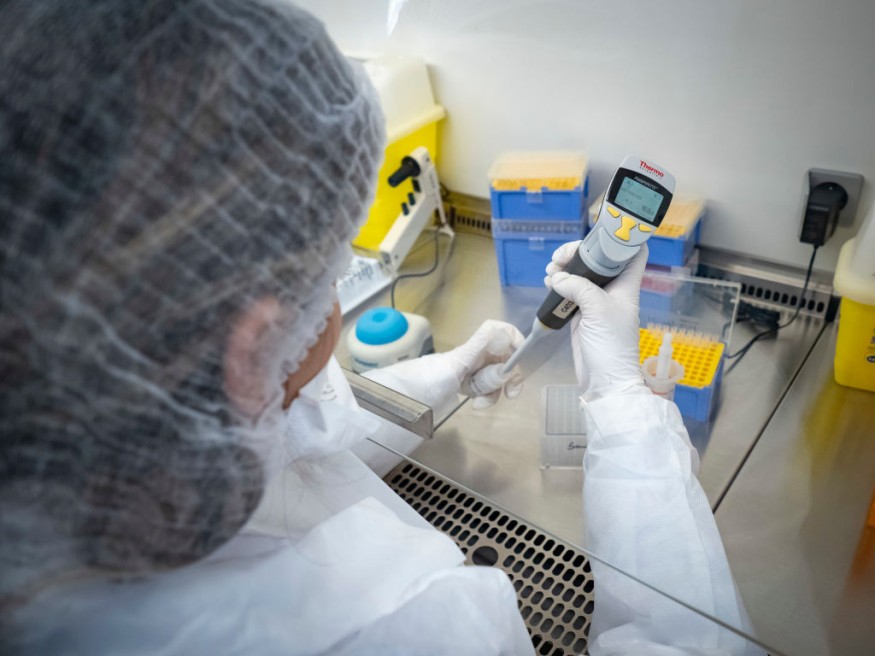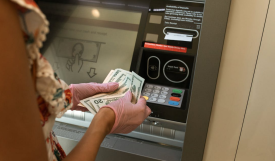Asymptomatic COVID-19 Patients Will Develop Stronger Immune Response, Study Says

A new study focusing on COVID-19 immunity study that was recently published by the Centers for Disease Control and Prevention suggests that asymptomatic patients and those with mild COVID-19 cases will develop strong immune responses that can be traced through antibody tests.
This can be detected up to eight months after the infection. In addition, the study found that after eight months, more than half of the participants had neutralizing antibodies.
These responses will allow the immune system to fight the virus in the future, according to Boy Genius Report.
In a sense, the COVID-19 vaccines will deliver immunity that is at least as good as the protection acquired after the infection with the virus.
However, those vaccinated will never have to experience COVID-19 symptoms.
How long will the immune response last?
The new study involved 156 health care workers in the United States, who tested positive for COVID-19. 94 percent of the participants showed some sort of decline in antibodies by the time of the second time, while 28 percent experienced a significant decline, according to a Desert report.
However, scientists cannot fully answer just yet how long can this immune response. Several studies were made regarding this issue.
In early November, one study said that T-cells specific to the new pathogen could be detected for at least six months in patients who had asymptomatic or mild COVID-19, according to another BGR report.
In addition, COVID-19 survivors showed to have had a strong immune response eight months after being infected, including T and B cell responses.
In another study reported in mid-December, one showed that a previous infection is likely to prevent patients from contracting the virus again.
Oxford and the U.S. National Cancer Institute teams independently found that COVID-19 survivors are 10 times less likely to be reinfected, according to a previous BGR report.
However, COVID-19 reinfection is already reported as several countries have reported COVID-19 reinfections that happened several months after the first wave.
These different study findings show that reinfections remain rare and are not yet fully understood.
Dr. Ned Sharpless, the director of the National Cancer Institute, said that it is very rare to get reinfected.
NCI looked at three million people who had antibody tests from private labs in the U.S. Only 0.3 percent of the people who tested positive for the protective proteins also tested positive for COVID-19.
Meanwhile, some three percent of the people who did not have antibodies got COVID-19 positive diagnoses.
COVID-19 cases in the U.S.
Meanwhile, soaring deaths and infections in the U.S. are threatening to force hospitals to portion care and essentially decide who lives and who dies, according to The Guardian report.
Dr Jeffrey Chien, an emergency room physician at Santa Clara Valley regional medical center, said that people look like they are drowning when they are in bed right in front of the health care workers.
"I'm begging everyone to help us out because we aren't the frontline. We're the last line," he was quoted on a report.
About 1.9 million around the world have died from the pandemic, of that number 360,000 came from the U.S. alone.
Subscribe to Latin Post!
Sign up for our free newsletter for the Latest coverage!
© 2025 Latin Post. All rights reserved. Do not reproduce without permission.













